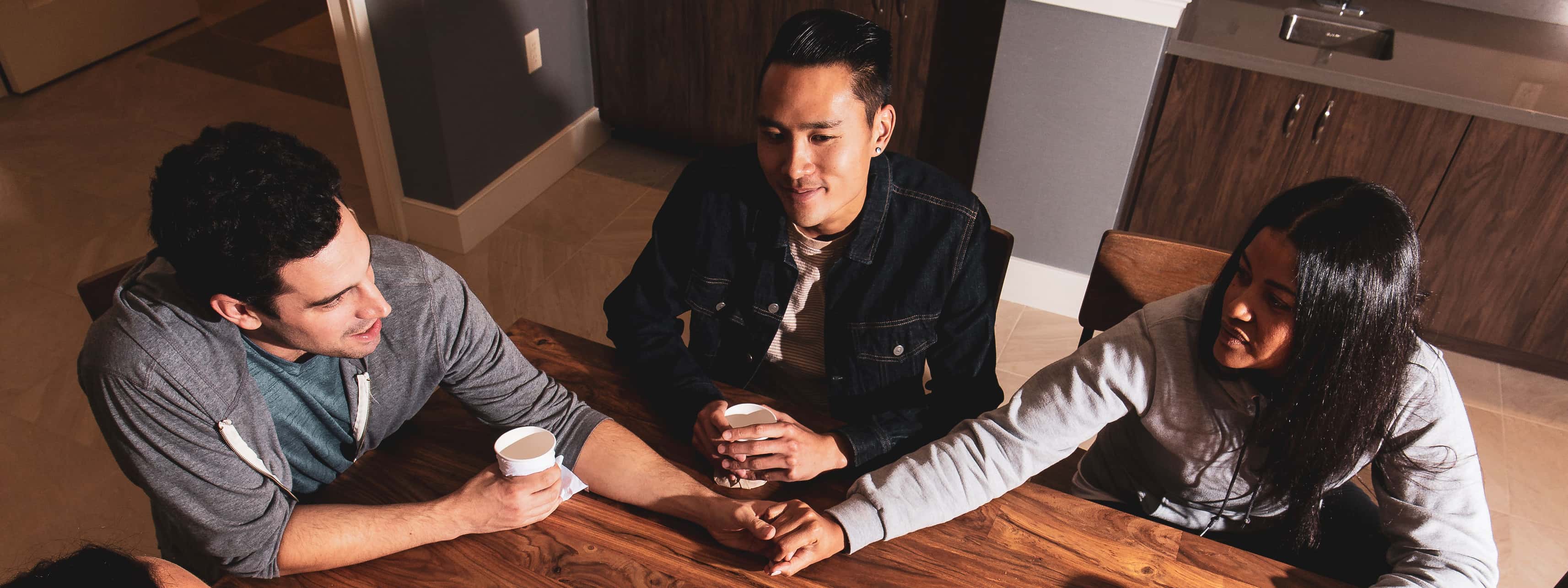
Caffeine In Early Recovery
Occasionally someone asks if they should give up coffee when they get clean and sober since caffeine is “just another drug.”
Although some treatment centers recommend going caffeine-free, and some replace “regular” with decaffeinated, it’s beginning to seem more and more like that isn’t necessarily a good idea. If something isn’t making our lives unmanageable, it can usually wait until we’ve been in recovery for a while.
In any case, there is a broad range of beneficial effects from the consumption of caffeine, including increases in the levels of neurotransmitters such as norepinephrine, acetylcholine, dopamine, serotonin, epinephrine, and glutamate. Many of the symptoms of withdrawal and post-acute withdrawal are associated with low levels of these chemicals, so there is good reason to think that the benefits of drinking coffee in early recovery may offset the disadvantages, which include shakiness and insomnia, among others.
Recent research has also shown that the antioxidants in coffee, along with the antioxidant effects of caffeine itself, benefit long-term coffee-drinkers by destroying free radicals in the body that are associated with heart disease and Alzheimer’s.
Please keep in mind that we are referring to reasonable levels of caffeine consumption. More than 300 mg. of caffeine (one Starbucks Pike Place brewed) within three or four hours can cause anxiety, and even one cup of brewed coffee can cause elevated blood pressure in those who aren’t used to drinking caffeinated beverages. As is true of most things not used in moderation, it is pretty obvious that sucking down too much joe won’t do us a lot of good, but a couple of cups of fresh-brewed coffee won’t be likely to do most of us any damage, either. Have additional questions? Call us at 888-443-3869
